Choosing the right educational path for your child is one of the most important decisions a parent can make. The education a child receives will significantly influence their personal development, career prospects, and future opportunities. With a wide range of options available today, from public and private schools to international programs and specialized institutions, it can be challenging to identify the best fit for your child. Understanding the different types of educational settings, evaluating key factors, and considering long-term goals will help guide your decision-making process.
Understanding Different Educational Options
The first step in finding the best education for your child is to understand the various options available. Public schools, which are government-funded and typically follow national curricula, may offer a high-quality education depending on the location and school district. Private schools, on the other hand, can provide smaller class sizes, specialized curricula, and unique teaching philosophies. Charter schools often combine elements of both public and private institutions but are usually publicly funded and offer more flexibility in terms of curriculum design.
In addition to traditional schools, homeschooling has gained popularity as a personalized approach to education. It allows for greater control over the curriculum and a more individualized learning experience. Online and virtual schools also provide a flexible option for families seeking non-traditional learning formats. As you assess these various educational opportunities, it’s important to consider your child’s learning style, needs, and interests. Some children thrive in structured environments, while others excel in more flexible, hands-on settings.
Considering Specialized Education
For children with specific learning needs, exploring specialized education opportunities can be beneficial. Many schools offer programs tailored to students with disabilities, gifted learners, or those who require additional academic support. Special education programs are designed to provide individualized attention and resources to help students succeed academically and socially. On the other hand, gifted programs and accelerated learning environments can offer advanced coursework and opportunities for highly motivated students.
In addition to specialized education, there are several schools that focus on particular subjects or career pathways, such as STEM (Science, Technology, Engineering, and Mathematics) schools or arts academies. These institutions provide an enriched curriculum that emphasizes a specific field of study, preparing students for future careers or higher education in these areas. If your child has a passion for science, technology, the arts, or any other specific discipline, seeking out specialized institutions that cater to these interests can offer them a unique educational experience.
Exploring International Education Options
For families considering an international education for their child, there are numerous options to explore. International schools provide students with exposure to diverse cultures, languages, and educational systems, helping to prepare them for an increasingly globalized world. In some cases, families may choose to send their child abroad for their education. Best International Boarding Schools offer an immersive, rigorous educational experience that combines academic excellence with cultural exchange. Boarding schools can provide a safe, structured environment where students live and study, building independence, responsibility, and strong interpersonal relationships.
These schools often offer specialized curricula, such as the International Baccalaureate (IB) or Advanced Placement (AP) programs, which are recognized worldwide. Attending an international school, especially a prestigious boarding school, can open doors to global opportunities and foster a broader worldview. However, before making this decision, it’s important to consider factors such as language barriers, the cost of tuition, and how the experience will impact your child’s emotional and social development.
Making the Decision
Ultimately, choosing the best educational opportunity for your child requires careful consideration of their academic needs, interests, and personal growth. Researching and visiting schools, speaking with educators and parents, and evaluating educational philosophies can help you make an informed decision. It is also essential to involve your child in the process, as their input can offer valuable insight into their preferences and aspirations.
In addition to academic considerations, remember that the best educational opportunity will provide a balanced environment that nurtures your child’s intellectual, social, and emotional development. With the right guidance, the ideal educational setting will not only prepare your child for future success but will also instill a lifelong love of learning.









